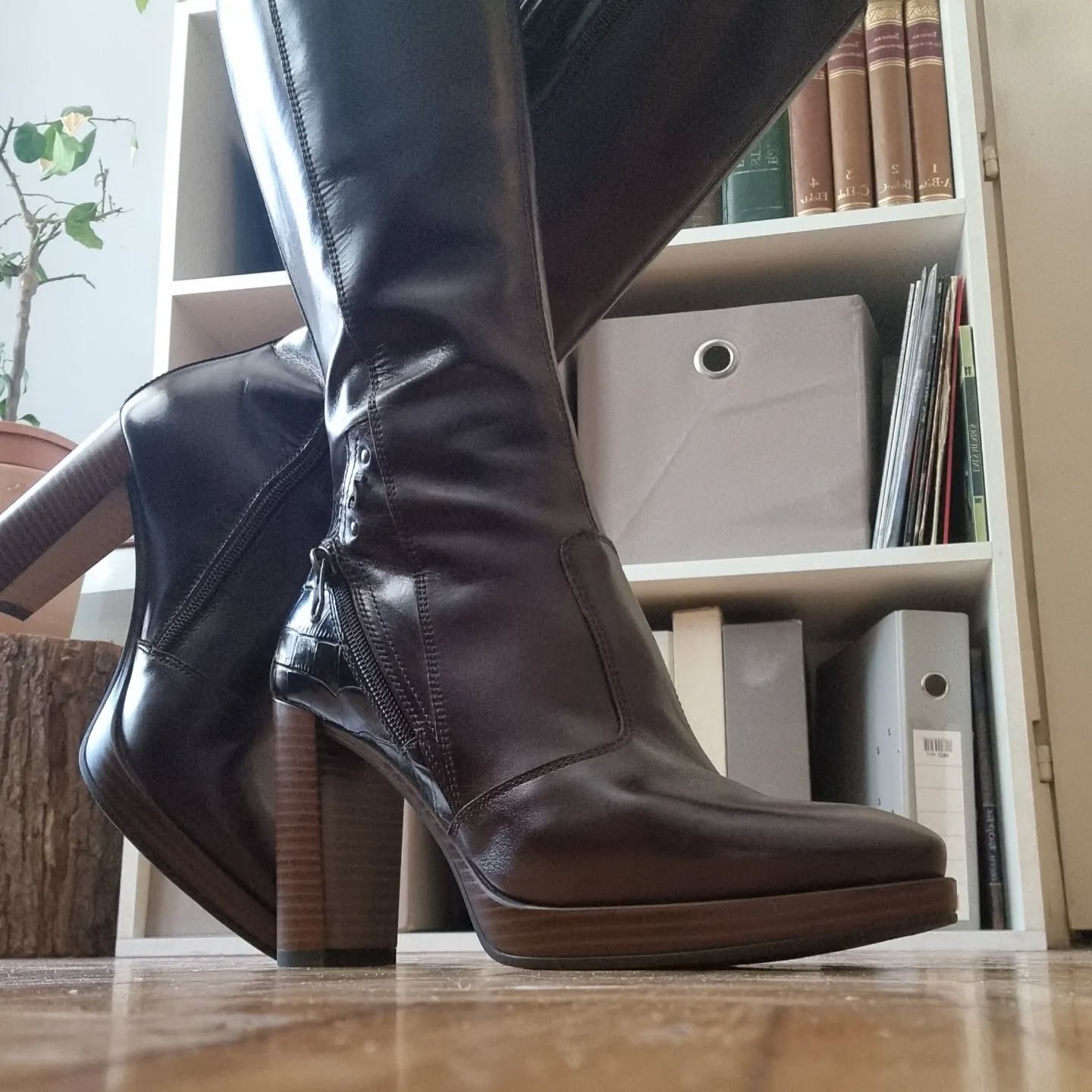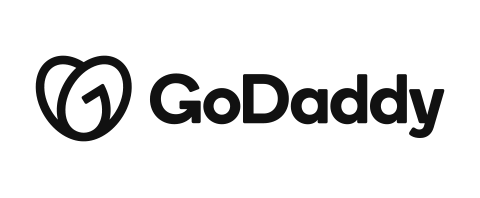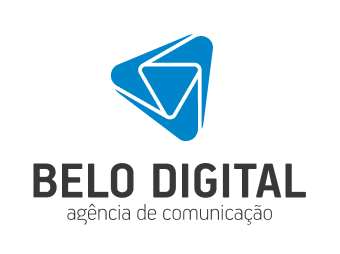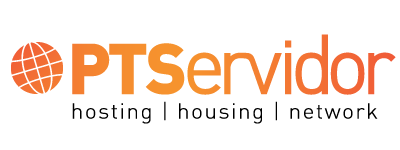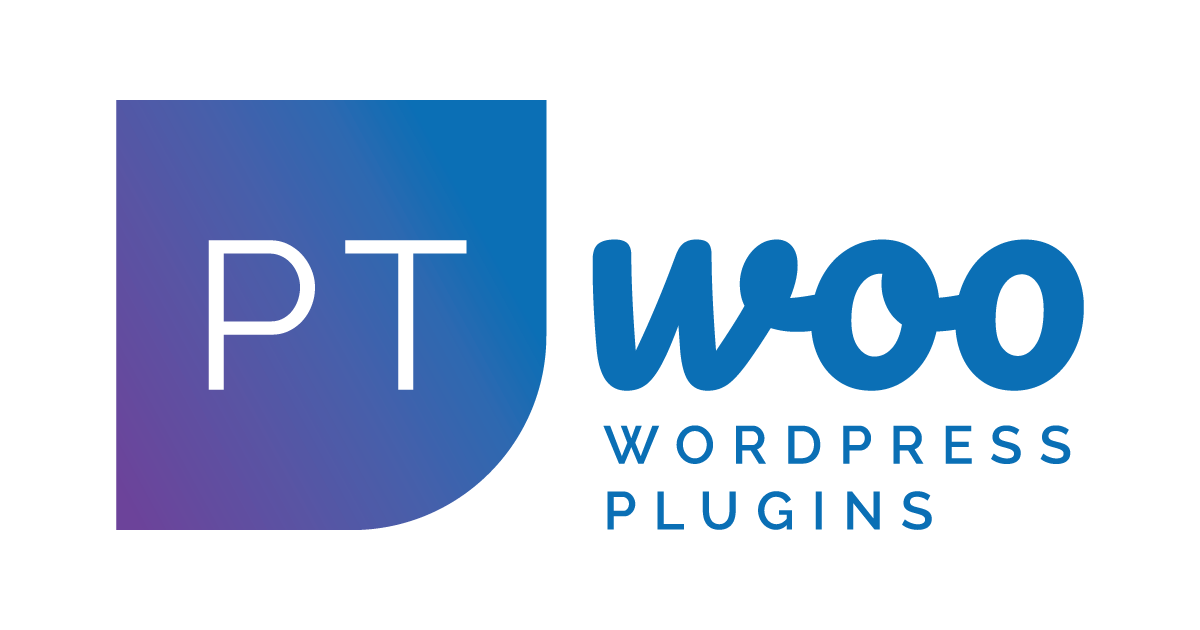At the end of August this year, I had the chance to interview Milana Cap, a developer who stands out for her technical skills and unique perspective on learning and community.
The goal was to learn more about her journey and reflect on how personal and professional experiences can shape our approach to challenges in development and beyond.
I hope this conversation resonates with those who, in one way or another, find curiosity to be their greatest ally.
– @retrofox
My first question is, how long have you been programming?
– @zzap
I’ve been playing with PHP code since 2008. Fun fact: I learned it’s called PHP in 2009
– @retrofox
But why did you start? Was it out of professional necessity, or was it more of a ‘love at first bug’ situation?
– @zzap
I was an admin at torrent site. We had forums on PHP script, phpBB. Actually, 3 forums and one tracker connected to a single database. Login didn’t always work so admins had to visit phpMyAdmin and edit password fields manually 😅 I wrote a couple of widgets for the tracker, replicating functionality from existing ones and modifying to show a different data.
I also liked shortcodes for forums. I quickly understood the potential in them so I started creating a bunch of custom ones. This is when I found out about HTML. What a neat idea 🤓
Only next year, when I found out about WordPress, I also learned that you can style page with CSS. The sky was a limit.
When I started, it was all a very engaging passtime. For years I haven’t thought I would do it professionally. Even though I started building websites for money in 2011, I didn’t dare to call myself developer until 2015, when I was hired as one by local agency.
– @retrofox
Music has played a significant role in your life, even before you got into coding.
How do you think your experience as a musician has shaped the way you approach programming and problem-solving? Are there any lessons from music that you’ve found especially useful in the world of code?
– @zzap
The most significant effect music had on my coding, I think, is being focused on small tasks at the moment. When you play music, you never think about the whole piece, it’s impossible to grasp it.
Thinking about the entire piece happens before playing, when you consider the style and expression (the planning phase).
What you think about when playing (when coding) is this specific moment in time – notes I’m playing now and will play next (current problem and how it connects to the next problem).
I think this is crucial in coding to avoid doing too many things at once and wandering to a whole different problem before solving the first one.
Another benefit of being musician is having your mindset ready for another language. We compare programming to languages we speak but the truth is, programming languages are much more similar to music than any other language you speak.
This language has less rules, less local culture, inherited tradition that no one understands any more. It’s simply a set of rules, forms and components that, when combined, can create something magnificent that everyone on Earth can understand.
– @retrofox
If WordPress were an instrument, which one would it be, and why?
– zzap
It would definitely be a digital accordion. It’s traditional enough to be an essential part of the traditions of many nations, while the digital component makes it very contemporary.

It is also often underestimated, especially in jazz. It is an amazing jazz and classical music instrument, versatile in every possible way. It can be played as a simple melody-and-cords instrument, but it can also replace the whole orchestra.
If you know how.
If you get the feeling I played the accordion, your feeling is correct :grinning: It was my main instrument, and piano was secondary.
– @retrofox
In your essay ‘Curiosity is a Killed the Cat,’ you talk about how curiosity has driven much of your journey.
From what you’ve shared, it seems like this curiosity has led you to become mostly self-taught in programming.
Would you consider yourself an autodidact? If so, what do you enjoy most about this self-learning process, and how does curiosity continue to shape your path?
– @zzap
Would I consider myself an autodidact? Well, yes and no.
No because I would never learn everything I did if other people didn’t share their knowledge for free. I might find information on my own but I don’t know if I would understand it to that extent if I didn’t read other people’s interpretation.
Yes because I did all that “work”. I made an effort to find the information, understand it, try it, break it, build something with it. It didn’t feel like work or effort, and maybe that’s why it sticked with me. It was fun then when it was only play, and it’s fun now when it’s work and play.
Curiosity is extremely important in learning. When I start learning, I follow the information I find (documentation or guide) but as soon as I start understanding the concept my mind starts asking questions. “What if I do this?”, “what happens if I combine it with this?”… and I try to answer all those questions. Sometimes it takes days and I don’t mind at all. Understanding how something works is much more important to me than the time I spent on getting there.
I learn a bunch of small things, do’s and don’ts, tips and tricks, on my way to the answer. And all of this happens out of curiosity. It will drive us to the most unexpected places if we let it.
– @retrofox
You’ve mentioned how curiosity drives your learning process and how much you rely on the shared knowledge of others.
I have a personal motto: ‘Those who know, know. And those who don’t, teach.’ It’s a phrase that not everyone seems to understand at first, but I believe that teaching is one of the best ways to deepen our understanding of any subject.
Do you think teaching plays a similar role in your learning journey, or do you see the relationship between knowledge and teaching differently?
– @zzap
Funny thing, I don’t see my public speaking as teaching at all. My association to the stage, from my music performaces, is completely different. It’s not of educational nature but more of “there’s this amazing thing I want to show you”. That is the underlying idea for every talk I give. The topic must be fascinating to me so that I “have to” tell the world about it.
Only when I heard other people referring to my public speaking as to educational purposes, I realised that I am, in fact, teaching. However, teaching has a very serious responsibility I’m not ready to take. That’s the reason I never became music teacher, even though I’m educated to do that. So I’m back to my initial drive: exploring what’s out there and, when I find something amazing, I tell everyone because I’m but a loud extrovert.
The learning part is also somewhat different for me, obviously. The subject has to intrigue my thinking processes, I have to start wondering how it works. If it’s just to “know the information”, I’m not interested. But if I can deconstruct it and examine different pieces of it, and how they relate to each other, I’m hooked.
Obviously, I don’t always have the time for everything that interests me so I apply to give talk or organise workshops for local community. Because teaching (or showing an amazing thing to everyone else) is, as you said, the best way to bring knowing into understanding level.
– @retrofox
You’ve mentioned some unique challenges you’ve faced as a woman in a predominantly male industry. How has being part of a minority shaped your journey as a developer?
– @zzap
I’ve been a minority in this industry in more than one way. The most significant ones are being a musician and a woman, but I can’t draw a line where one stops and the other starts to shape my experience. I remember often feeling out of place, not so much for being a woman as much as for not having a formal education. I also remember what I was saying to myself in those moments. “Hey, you are a classical musician and a single mum. You weren’t supposed to know or be interested in any of this, but here we are.” It would immediately make me feel better and emphasise that my presence in the web development industry results from my interests. I don’t HAVE TO be here. I chose to be here because it’s fun and stimulating, and no one can take that away from me.
I didn’t grow up with the idea of male and female occupations, not even male and female chores. My parents were truly partners in everything. And even when I started working as a WordPress developer in one local agency, as the only woman and only backend developer, I never felt my gender said anything about my experience or knowledge. Or that anyone perceived me that way.
I only started thinking about it when I started being very active in a global community, talking to other women, and hearing about other experiences. To this day, I don’t know if I never experienced any gender inequality or if I just didn’t care. Because I don’t care about stereotypes and people’s prejudices. I also don’t care what other people think about my plans and goals, so much so that I stopped telling people about them decades ago.
However, over the years, I started utilising stereotypes in a different way. Speaking at various conferences, I get to meet a lot of different people, and when I see that someone is prone to stereotypes, I tend to feed them with it as much as possible. The most beautiful moment is seeing their face when this stereotype breaks because they never assumed I knew anything about coding, let alone do the live coding session.
But there is another side to this story, and I have seen it many times. When people have certain expectations about your knowledge (much lower than it is) and you prove them wrong, sometimes they go from underestimating to overestimating you. That’s equally frustrating because it is destined for their disappointment in you.
Seeing all these different sides made me think a lot about the expectations and images we preload into other people. It just confirmed that I should never give one second of thought to how other people may see me. I came here because it was fun, and as long as it is fun, I will stay.
– @retrofox
Thanks a bunch, Milana. You rock.
